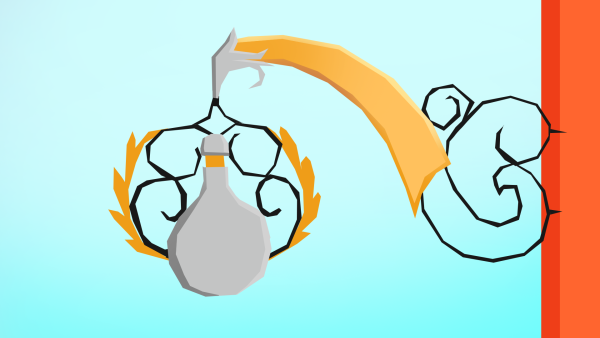You’ve finished writing your masterpiece of a book – now what? It’s definitely not the time to release it yet; you need beta readers to give you valuable feedback.
Once you finish your book, you should give it a few weeks rest. After that, read it back, fix any mistakes, rewrite some of the clunkier parts, and then, after you’ve done your absolute best to create a great book, you have to find outside opinion.
That’s what beta readers are. Unlike writing partners, beta readers are most often not authors themselves. They’re supposed to give you feedback from a reader’s point of view.
Who should your beta readers be?
Ideally, you would get several beta readers, in order to represent more of your target groups. Here are some of the traits they should have:
- A reader experienced in your genre,
- A reader who is fairly new to your genre,
- Someone who doesn’t read much,
- A reader in your target demographic (for example, young adult),
- A fan of your previous writing (if you have some).
Having a nice diversity in your beta readers ensures you get enough feedback from different points of view. That way, you can anticipate fairly well what each group of readers will think about your story – and you can think about how to fix some of the mistakes the beta readers pointed out.
Best ways to find beta readers
If you’re already in the stage of having your book ready to publish, you should have at least a small following of fans. Your followers on social media, or subscribers to your newsletter will do great.
Simply ask some of the ones that fit into the groups we talked about earlier, if they want to proofread your book. Make sure to give them something in return; a signed copy of the book can be a great reward.
If you don’t already have an established following, your best bet would be to look at groups and/or websites dedicated to help writers find beta readers.
Some examples of these places are:
- Goodread’s beta readers group
- Various Facebook groups (such as this one)
- On Fiverr (if you have the budget to hire a beta reader)
Make sure to ask your beta readers the right questions, so you can get the best feedback possible. Speaking of which;
Best questions
Of course, I can’t tell you exactly what to ask, because I don’t know your story as well as you do. However, I can give you some ideas – it’s up to you to pick and choose which questions will help you the most with the editing of your book, and understanding your audience.
General
These questions will give you a general understanding of the reader experience. While they will probably not give you any specific problems to fix, you can use them to get to know your audience better.
- What is your favorite part of the story, and why?
- What is your least favorite part, and why?
- Who would you say the book is written for?
- How long did it take you to read the book?
Pacing
These pacing-related questions will help you understand if the reader is ever bored, if the pacing is too fast, and if you nailed your scene transitions. Remember that each reader will have a different experience, so don’t change your entire pacing just because one beta reader said they found it too slow.
- Where was the book the most boring?
- Where was it the most exciting?
- Is there a point where you felt the pacing was too fast, leaving you exhausted?
- Do all the scenes transition naturally?
Characters
Some say the characters are the most important part of a good story. Because of that, you have to find out what your readers think about the characters in your book. Do they have clear, three-dimensional personalities? Are their motivations clear?
- Which character do you like the most, and why?
- Which character do you like the least, and why?
- What is the villain’s main motivation?
- Did you find the villain likable? Terrifying? Understandable?
- If you could save one character that dies in the book, which would it be? And why?
- In dialogue, is it clear which character is speaking?
- Which character is the most cliched?
- What would you say is the hero’s main character arc?
- Did any of the characters have an out-of-character moment? Where?
Conclusion
Beta readers are incredibly important for the writing process, as they help you find mistake and anticipate what your actual readers will think about your story.
Make sure to find beta readers from the correct groups. Ask them the important questions, and consider their feedback. However, don’t take it as gospel – the fact that one reader doesn’t like something doesn’t necessarily mean it’s bad.


